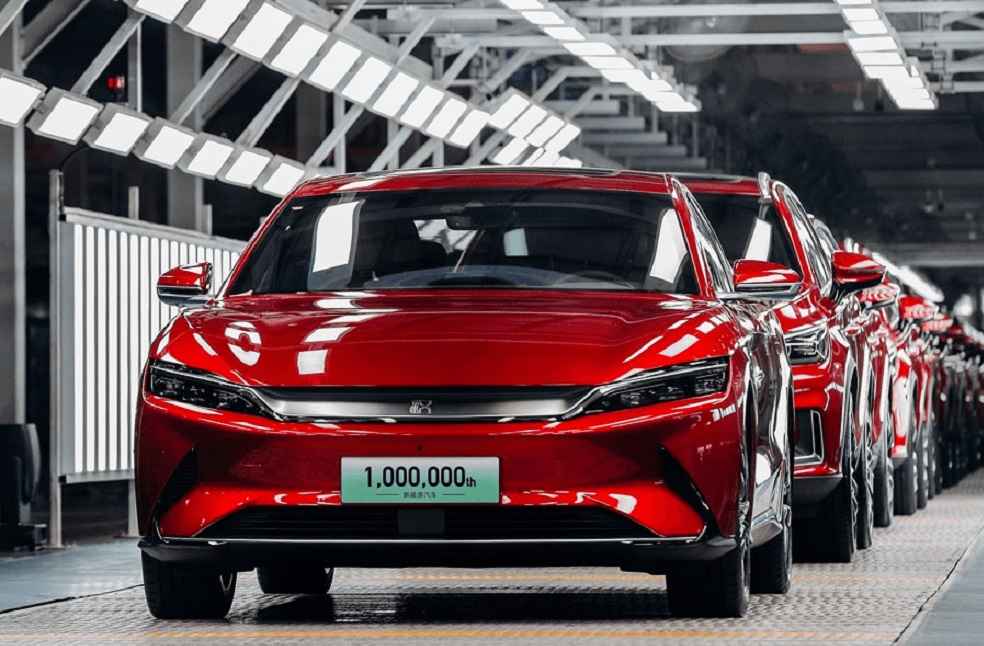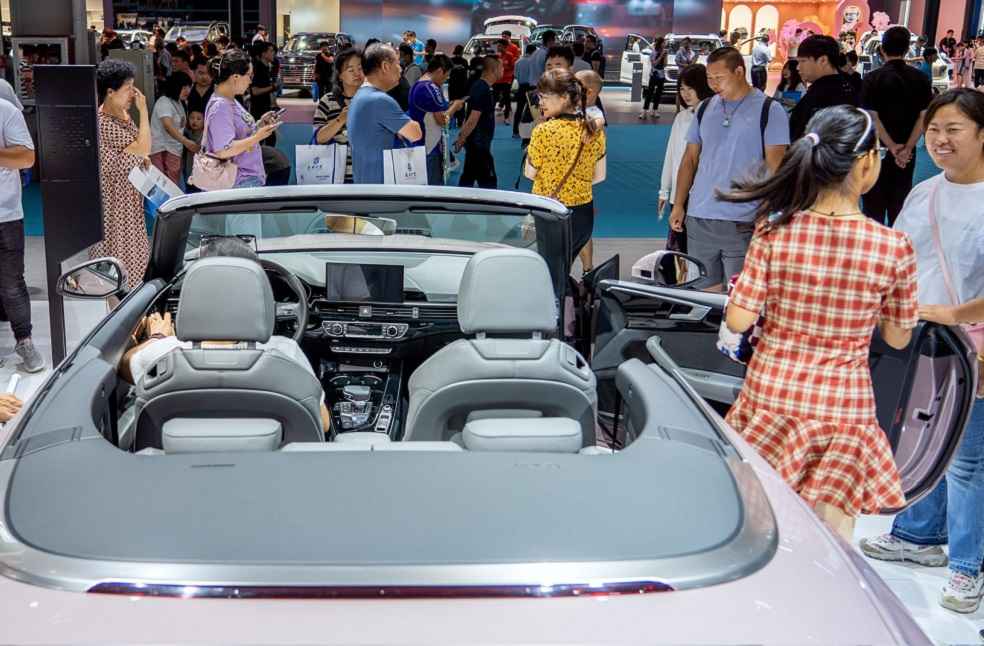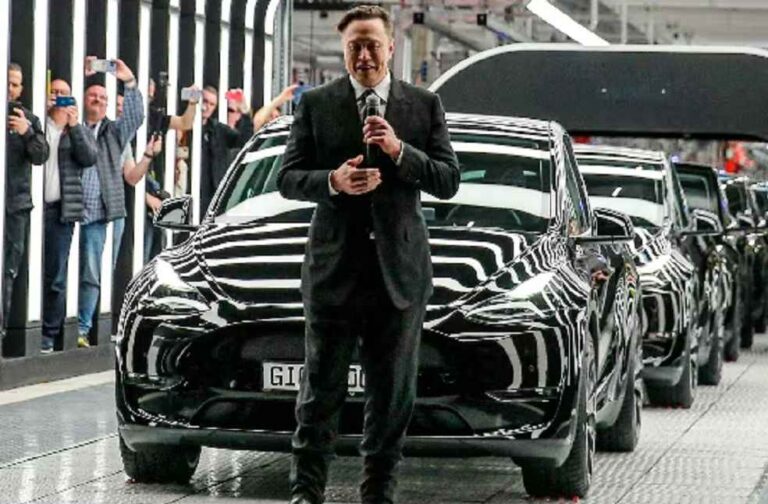Tesla’s chief Elon Musk recently articulated a stark prediction regarding the future of the electric vehicle (EV) market, focusing on the critical role of trade regulations amidst the burgeoning dominance of Chinese EVs. During a recent financial disclosure discussion, Musk highlighted Tesla’s challenges against competitors like BYD, which has recently eclipsed Tesla in global EV sales.
Backed by Warren Buffett, BYD’s ascent as the top EV seller last quarter signals a transformative shift within the EV realm. Musk emphasized the formidable competitiveness of Chinese firms, suggesting their potential for extensive international success is tethered primarily to trade barriers. Absent these, Chinese manufacturers may eclipse most global car companies, Musk fears, highlighting the efficiency and prowess of these firms.
Tesla’s strategy to combat high borrowing costs in 2023 involved a price war, boosting sales but compressing profit margins, thereby raising investor concerns. Acknowledging the limitations of Tesla’s current cost-reduction strategies, Musk announced plans for a budget-friendly, mass-market compact crossover, ‘Redwood,’ targeting a mid-2025 production start at Tesla’s Texas facility, aiming to rival cost-effective models from Chinese firms.

Chinese EV entities like SAIC Motor demonstrate rapid global expansion strategies, characterized by efficient operations and robust supply chains. SAIC’s recent expansion of its vehicle shipping capabilities underscores its commitment to boosting international sales.
Spencer Imel, a partner at Lansgton, a consumer insights firm, observes that while Chinese EV brands such as BYD and Nio might not lead in conventional metrics like reliability or safety, their strengths lie in technological innovation, such as advanced in-car technology and battery swapping. This technological edge positions them favorably for global market penetration, despite the current minimal brand recognition in the U.S.
The trajectory of the global EV market is intertwined with current geopolitical dynamics, particularly the ongoing U.S. presidential race. President Joe Biden’s determination to counter China’s EV market ascendancy contrasts with former President Donald Trump’s protectionist stance, advocating for a universal 10% import tariff and retraction of China’s most-favored-nation trading status.

Musk revealed Tesla’s limited prospects for collaboration with Chinese competitors but is open to sharing its charging network and self-driving technology licenses.
Europe, too, shows caution toward Chinese EVs. Last year, the European Commission initiated an inquiry into potential tariffs to protect EU manufacturers from Chinese imports, allegedly benefiting from state subsidies.
As the EV industry evolves, trade strategies and geopolitical maneuvering will significantly influence the sector’s balance, with the potential to reshape the automotive landscape.
EV WORLD | Toyota Chairman’s Bold Claim: EVs Capped at 30% Market, Not Dominant





